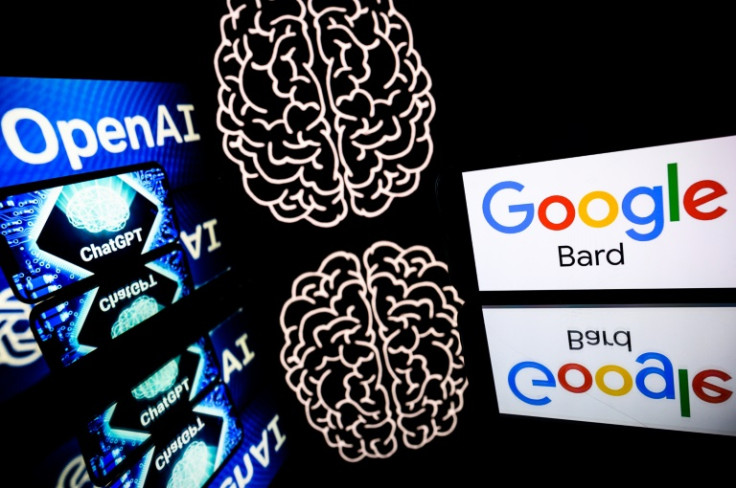
According to a new analysis conducted by the International Monetary Fund (IMF), the development of Artificial Intelligence (AI) is set to affect almost 40 per cent of all jobs across the globe.
The investigation comes amid global companies and political leaders coming together for the World Economic Forum in Switzerland.
The meeting is set to take place in the Swiss city of Davos and will focus on AI as a topic of discussion since there has been an increase in the popularity of applications like ChatGPT.
Each sector will be affected by the development of non-natural technology, "in most scenarios, AI will likely worsen overall inequality" said IMF's Managing Director Kristalina Georgieva.
The investigation into AI also found that the development of the technology will have a detrimental effect on higher-income countries, such as the UK, US, Canada, New Zealand, Australia, UAE and Japan.
The IMF predicted that AI will threaten just 26 per cent of jobs in low-income countries, including Bangladesh, Nigeria, Vietnam, Honduras and India.
Older-age workers in lower-income employment positions could fall into poverty, IMF recognised. However, younger workers in higher-income job roles could see a disproportionate rise in their annual salaries after adopting artificial technology.
"Many of these countries don't have the infrastructure or skilled workforces to harness the benefits of AI, raising the risk that over time the technology could worsen inequality among nations," Georgieva said.
The Managing Director went on to urge policymakers to consider the "troubling trend" that AI is generating to "prevent the technology from further stoking social tensions".
"It is crucial for countries to establish comprehensive social safety nets and offer retraining programmes for vulnerable workers," Ms Georgieva said. "In doing so, we can make the AI transition more inclusive, protecting livelihoods and curbing inequality," Georgieva added.
It was only last month, that the development of technology started to be increasingly regulated across the world.
In December 2023, European Union officials implemented a provisional legislation that would see laws put in place to regulate the use of AI in certain industries.
While regulation laws are on the up and European Parliament are set to vote on the new AI Act deal this year, no laws will take effect until at least 2025.
Despite the EU already mapping out a potential agreement to limit the development of AI, the UK, US and China have not yet published their own technological advancement guidelines.
The development of AI has already made a massive impact on many industries, dominating the finance, energy, education and healthcare sectors.
While teachers have been criticised for using AI for lesson planning and online education sessions, the advancement of technology has proven to be a powerful tool for medical treatments.
AI has been used to help diagnose cancer and develop treatments according to a person's illness.
According to the NHS Teaching Hospital in Leeds: "the continuous improvement in AI and the impact of this technology has the potential to boost productivity, information and knowledge sharing and revolutionise the way healthcare professionals diagnose, care, treat and manage cancer in a cost-effective manner."
Youngsters have also admitted to using AI to benefit their health.
One AI bot, which has been named 'Psychologist', has been described by character.ai users as "someone who helps with life difficulties".
The creator, Blazeman98, receives more than 3.5 million visitors to their site each day.
The "Psychologist" site, which uses the same type of AI technology as the famous ChatGPT, has received a total of 78 million messages since it was created just over 12 months ago.
An investigation into AI bots found that there are a staggering 475 AI bots available to consumers online – each one relating to therapy, therapist, psychiatrist or psychologist in their titles.







